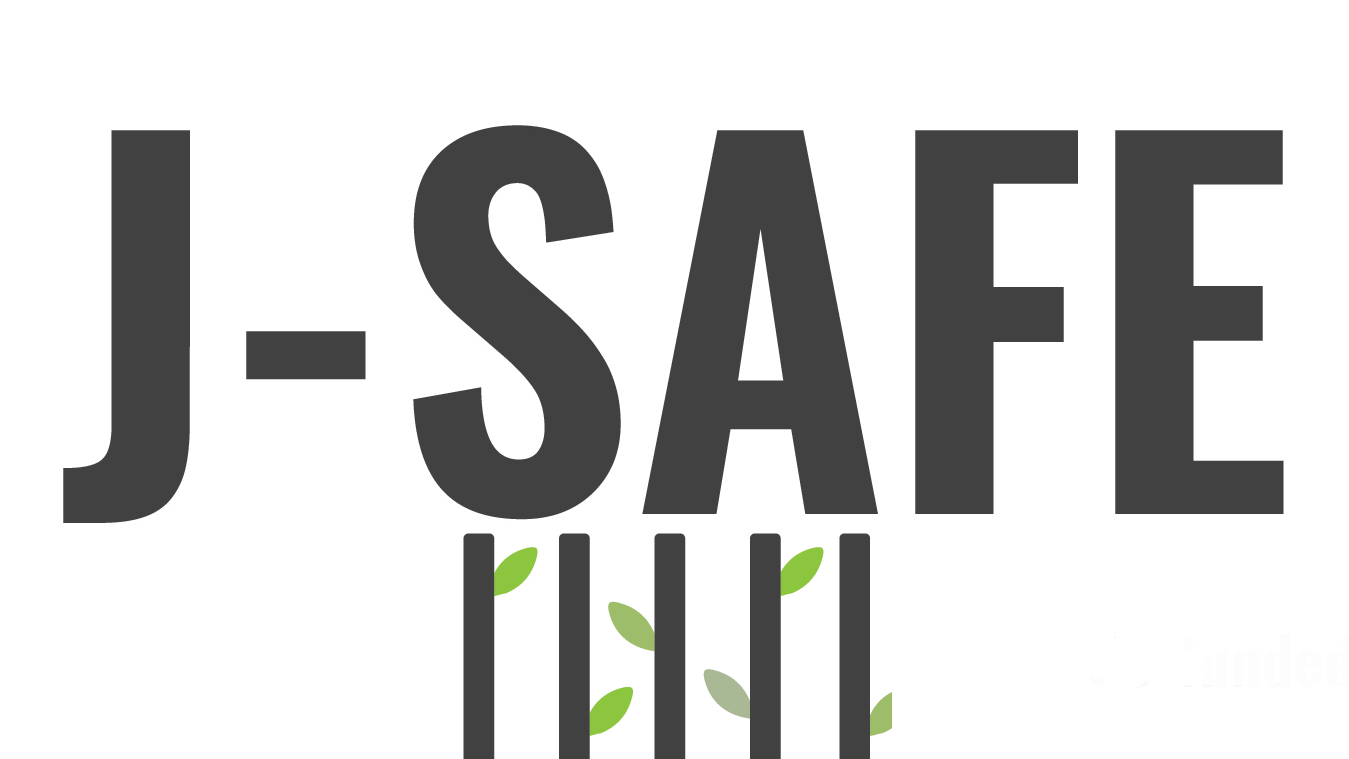POLICY RECOMMENDATIONS
In recent decades, European prisons have been marked by a number of pivotal transformations, fueled largely by legislative changes, the introduction of new technologies, the increasing involvement of diverse actors, and an increase in third country nationals in the prison population. This paper exposes the limits of global polity in harmonising both national and international law, which have led to a fragmented system, riddled with overlapping jurisdictions, disparate procedures, and excessive or even contradictory laws. The system faces additional challenges resulting from the existence of innumerable, often non-interoperable databases, while administrative shortcuts further mar juridical processes, exhibiting a clear disrespect for fundamental human rights and the rule of law. Below, prevention is explored in the context of security today, considering, in particular, its relationship to ‘pre-crime’. ‘Pre-crime’, legally undefined and consequently situated in a legal limbo, is problematised by the disparate legal and police approaches to prevention that have failed to offer a comprehensive response that reflects the nature of prisons today. In light of these challenges, this report forges a model of preventive security that: redefines the roles of police and intelligence within a global system of prevention; aligns the disparate prevention police models in the EU; and sheds light on the impact of ethno-cultural and technological changes emerging in European prisons. Ten policy recommendations are outlined that emphasise the centrality of prevention in protecting not only the security of the state, but also those who are vulnerable to being radicalised. By addressing critical legislative, social, and human rights issues and capitalising on the potential of various actors and technologies, the recommendations strive to strengthen preventive security throughout the Union.
Policy Recommendations
J-SAFE developed Policy Recommendations for policy makers and high level staff of the MoJ and MoJ containing 10 promising, good and best practices for the re-socialisation of different groups on inmates under observation for radical behaviours (pre-post trial) and/or convicted for terror-related crimes, hate crimes and Foreign Terrorist Fighters.
The project JSAFE highlighted several new aspects of the counter radicalization policies and practices. At the centre of this innovative approach is the recognition of powerful evolutions in the recent decades which are impacting on the penitentiary practices. These evolutions are not always perceived by policy makers and often enter into the daily practices through a grassroots approach, responding to need identified by prison staff in the course of their everyday routine.
The drivers behind these developments are represented by 4 key engines, which further represent the areas we need to address in future policy strategies:
- The adoption into national legal systems of important legislative changes derived from the international and European regulations, which contributed to reinforcing a ‘new legal global policy’, spanning across national boundaries;
- The introduction of new technologies within the prison management covering almost all aspects of penitentiary life, from surveillance to rehabilitation;
- The growing role of the executive and intel agencies against the traditional judiciary and correctionalist components, accompanied by new models of public-private cooperation, which are derived from revised versions of the Situational Crime Prevention (SCP) and which have paved the way for new potential conflicts of attribution;
- A significant increase of third country nationals (TCNs) within the European prisons, which forced the institutions of the ministries of justice to adapt their practices to new cultural and behavioural patterns.


